

Product Details
Place of Origin: Hefei Anhui China
Brand Name: FeiChun™
Certification: VDE 0250 Part 814
Model Number: Feedback Control Cable
Payment & Shipping Terms
Minimum Order Quantity: 800 Meter
Price: 10-30 USD per meter, price varies according to specifications
Packaging Details: Cable Reels or Packaging Bags
Delivery Time: 15-30 Work Day
Payment Terms: T/T, Western Union
Supply Ability: 12,000 meters per week
Robust Construction: |
Durable Design For Harsh Environments |
Length: |
Customizable |
Armor: |
Galvanized Steel Interlocked Armor |
High Voltage Capacity: |
Voltage Resilience For Mining |
Sheath Color: |
Black |
Bending Radius: |
10 X Cable Diameter |
Maximum Bending Radius: |
20 Inches |
Shielding Material: |
Tinned Copper |
Water Resistant: |
Yes |
Conductor Material: |
Copper |
Cable Type: |
Flexible |
Insulation: |
PUR |
Robust Construction: |
Durable Design For Harsh Environments |
Length: |
Customizable |
Armor: |
Galvanized Steel Interlocked Armor |
High Voltage Capacity: |
Voltage Resilience For Mining |
Sheath Color: |
Black |
Bending Radius: |
10 X Cable Diameter |
Maximum Bending Radius: |
20 Inches |
Shielding Material: |
Tinned Copper |
Water Resistant: |
Yes |
Conductor Material: |
Copper |
Cable Type: |
Flexible |
Insulation: |
PUR |
In industries such as coal mining, the ability to monitor and control the speed of conveyor belts is crucial for safety, efficiency, and productivity. The Feedback Control Cable is specially designed for coal belt speed detection systems, providing reliable connection to pulse generators and maintaining high signal integrity while being EMI protected.
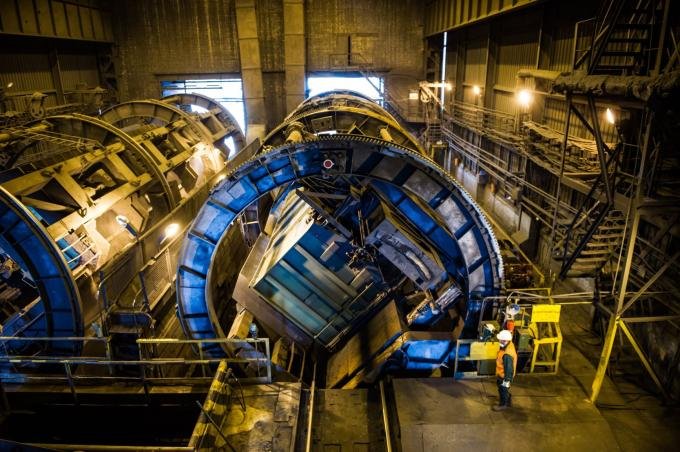
In this comprehensive product introduction, we’ll explore the design, applications, and key benefits of these feedback cables, providing essential knowledge on installation, maintenance, and optimal use in demanding environments.
This Feedback Control Cable is optimized for industrial applications, particularly in coal mining and material handling where monitoring conveyor belt speed is vital.
Let’s examine the standout features of this high-performance cable:
| Feature | Description |
|---|---|
| Pulse Generator Connection | Enables accurate connection to pulse generators for precise speed monitoring |
| High Signal Integrity | Ensures stable, interference-free data transmission essential for feedback control |
| EMI Protection | Shielding prevents electromagnetic interference, maintaining signal quality in high EMI environments |
| Rugged Construction | Durable outer jacket protects against abrasion, oil, and environmental factors |
| Flexibility | Built to withstand frequent movement and bending without signal loss or degradation |
| Flame Retardant | Flame-resistant materials enhance safety in areas prone to heat or fire risks |
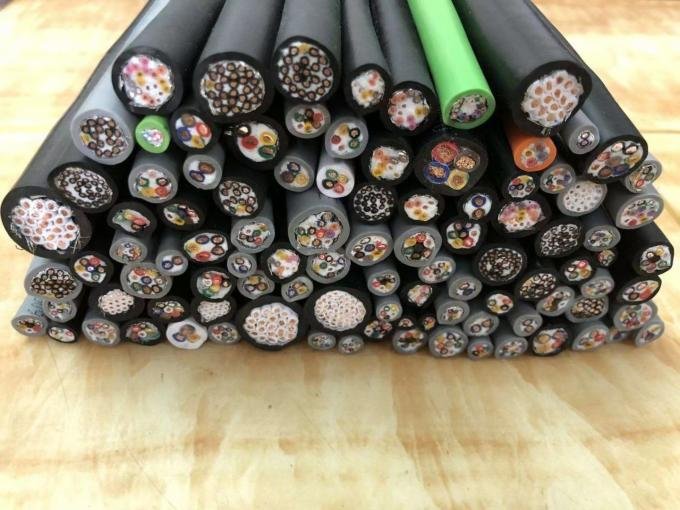
Coal belts are an integral component of coal mining operations, transporting mined coal through various stages of processing. Monitoring the speed of these belts is essential to avoid overloading, reduce wear, and prevent dangerous slippage.
The Feedback Control Cable serves as the link between the coal belt’s pulse generator and control systems, providing accurate speed data. With high signal integrity and EMI protection, it ensures real-time, interference-free data transmission, crucial for precise speed control.
The Feedback Control Cable is designed specifically to connect to pulse generators on conveyor belts, which produce electrical pulses in proportion to the belt’s speed. This data allows the control system to maintain optimal belt speed and load distribution, reducing wear on the belt and improving overall efficiency.
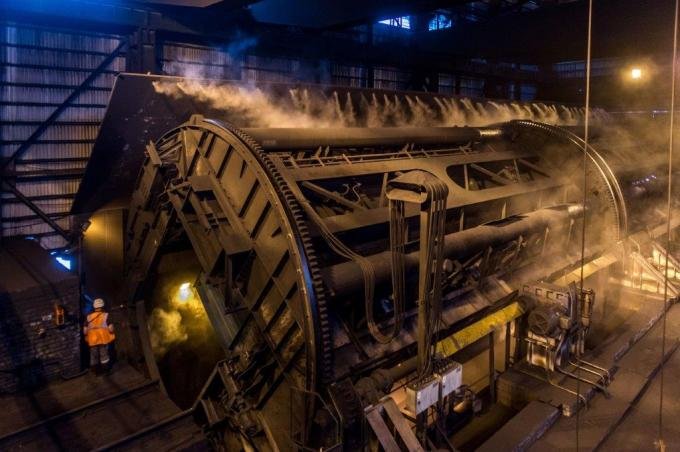
In high-vibration and high-noise environments like coal processing plants, signal integrity can be compromised, leading to inaccurate data and system inefficiencies.
Our feedback cable minimizes these issues by using high-quality conductors and materials that resist signal degradation, ensuring that pulse signals from the generator reach the control system accurately and in real time.
Electromagnetic interference (EMI) is a common problem in industrial environments due to nearby electrical equipment and machinery.
Our EMI-protected Feedback Control Cable uses advanced shielding techniques, preventing interference from affecting the signal and ensuring that speed data is accurately transmitted without distortions or delays.
The outer jacket of the Feedback Control Cable is made from abrasion-resistant, oil-resistant, and flame-retardant materials to withstand the harsh conditions of mining and material handling.
This durability translates to longer service life and reduced maintenance costs, making it ideal for demanding environments.
Given the need for frequent movement and bending around conveyor systems, our feedback cable is engineered to be flexible without compromising performance.
This flexibility ensures easy installation around tight spaces and reliable performance even with repeated flexing.
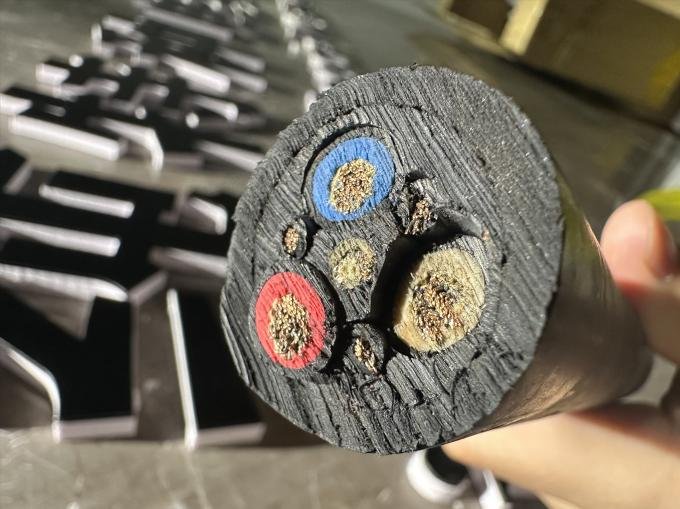
To meet the rigorous demands of the coal mining industry, the Feedback Control Cable has been engineered with the following specifications:
| Specification | Details |
|---|---|
| Voltage Rating | 300V - 600V, suitable for standard pulse generator and control systems |
| Conductor Material | Stranded copper for flexibility and high conductivity |
| Insulation Material | Cross-linked polyethylene (XLPE) or polyurethane for thermal stability and flexibility |
| Shielding | Foil and braid shielding for EMI protection |
| Jacket Material | Flame-retardant and oil-resistant polyurethane or thermoplastic elastomer (TPE) |
| Temperature Range | -40°C to +90°C, ensuring performance across a range of environmental conditions |
| Flame Retardant Standards | Compliant with IEC 60332-1 for flame resistance |
| EMI Protection Rating | High resistance to EMI, suitable for industrial and mining settings |
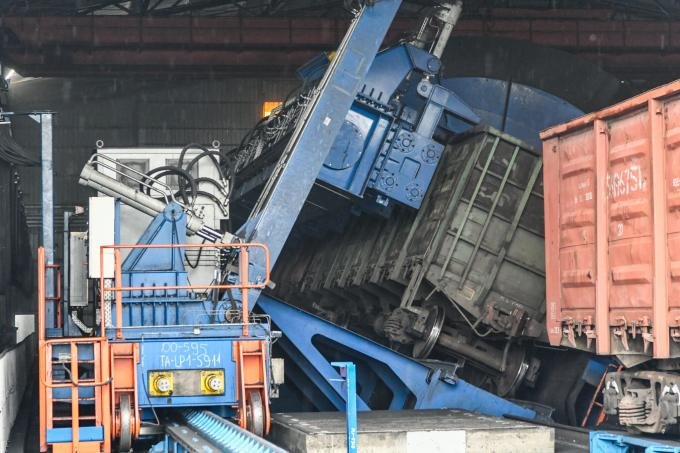
Proper installation is essential to achieve optimal performance and longevity for feedback control cables. The following guidelines will help ensure reliable and interference-free operation:
Inspect the Cable Route: Before installation, clear the cable route of any obstacles, sharp edges, or potential sources of abrasion.
Environmental Considerations: If the cable route includes areas prone to oil or chemicals, ensure that the cable’s outer jacket is compatible with these conditions.
Observe Bend Radius Recommendations: Follow the manufacturer’s specifications for minimum bend radius to prevent conductor damage and ensure signal integrity.
Avoid Sharp Bends: Sharp bends can lead to insulation damage and signal loss. Use cable guides if necessary to avoid sharp turns.
Ensure Adequate Grounding: To maximize EMI protection, make sure the cable shielding is correctly grounded to prevent interference from external sources.
Avoid Close Proximity to High Voltage Cables: Place the feedback cable away from high-voltage cables or sources of electrical noise to further reduce EMI risks.
Use Suitable Cable Clamps: Choose cable clamps compatible with the cable’s diameter, ensuring a secure fit without excessive compression.
Allow for Movement: Secure the cable while allowing for some movement to accommodate the conveyor’s motion and prevent tension buildup.
Verify Signal Transmission: After installation, conduct tests to verify the pulse signal’s integrity and ensure there’s no EMI interference.
Monitor Initial Performance: During initial operation, monitor the cable’s performance to confirm proper installation and identify any potential issues early.
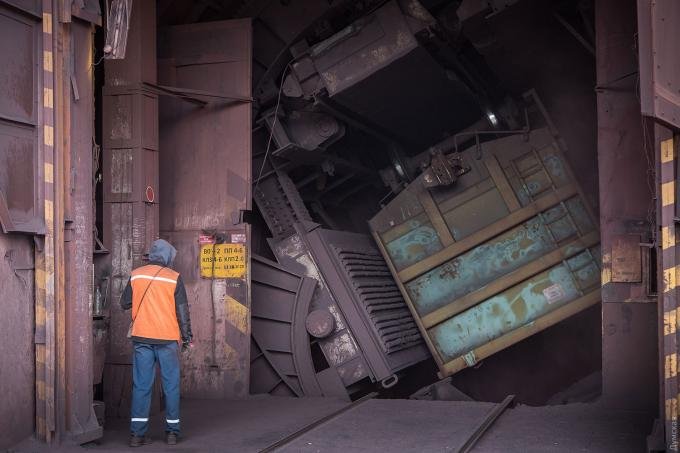
Regular maintenance can significantly extend the life of feedback control cables and ensure consistent performance. Here are key maintenance practices to follow:
Regular Visual Inspections:
Check the cable for signs of wear, abrasion, or jacket damage. Early identification of minor issues can prevent larger failures.
EMI Shielding Testing:
Periodically test the shielding effectiveness to confirm continued protection against EMI. This can be done by observing for any signal distortions or data loss during operation.
Routine Cleaning:
Clean any oil, dust, or debris buildup on the cable to prevent deterioration of the outer jacket.
Temperature Monitoring:
Ensure the cable is not exposed to temperatures beyond its rated range, as overheating can compromise signal integrity.
The Feedback Control Cable provides significant advantages over standard signal cables, especially for applications like coal belt speed detection:
| Feature | Feedback Control Cable | Standard Signal Cable |
|---|---|---|
| Pulse Generator Compatibility | Yes, designed for precise pulse generator connection | Limited compatibility |
| High Signal Integrity | Optimized for consistent, interference-free signal | Limited protection against interference |
| EMI Protection | Advanced shielding to prevent EMI | Basic or no shielding |
| Rugged Outer Jacket | Oil-resistant, flame-retardant, and abrasion-resistant | Standard outer jacket with limited durability |
| Temperature Range | Wide range, suitable for demanding environments | Narrow range, prone to overheating in harsh conditions |
| Flexibility | Built for frequent movement without signal loss | Limited flexibility, may degrade under movement |
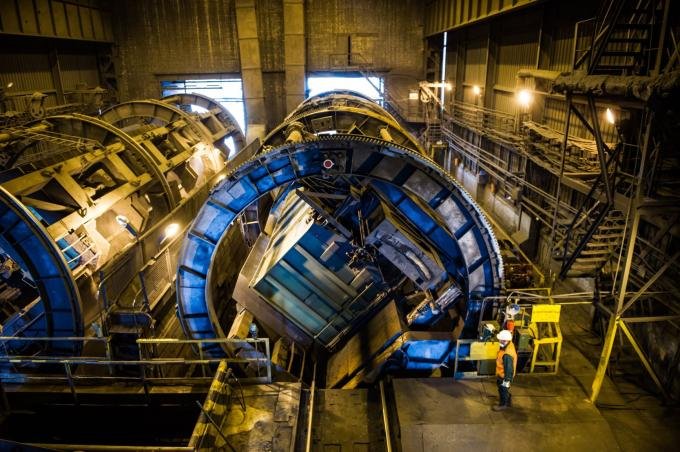
1. Why is EMI protection important for feedback control cables?
Electromagnetic interference (EMI) can disrupt the signal transmission between the pulse generator and the control system. EMI protection ensures that the speed data remains accurate, which is essential for conveyor belt control.
2. How does high signal integrity improve belt speed detection?
High signal integrity ensures that data from the pulse generator is accurately transmitted without loss or interference, allowing for precise control of conveyor belt speed. This helps optimize load management and prevents costly belt wear.
3. Can the feedback control cable be used in applications other than coal belt speed detection?
Yes, the cable is suitable for various industrial applications requiring EMI protection and high signal integrity, such as in metal processing plants or other mining sectors.
4. How often should the feedback cable be inspected?
For best performance, inspect the cable every month for signs of wear, EMI shielding integrity, and overall condition, especially in high-vibration environments.



Note: This is just part of the standard parameters of our products. Please contact our Engineer if you need more. And the information contained within this webpage is for guidance only and is subject to change without notice or liability. All dimensions and specifications are nominal and are subject to normal manufacturing tolerances. All pictures shown are for illustration purposes only. The actual product may vary. All the information is provided in good faith and is believed to be correct at the time of publication.